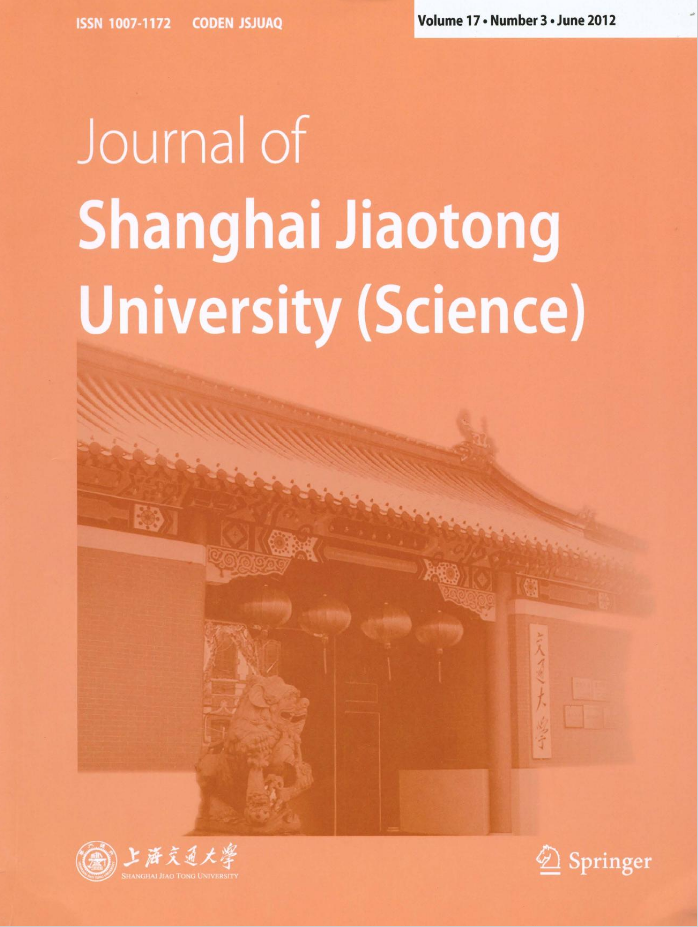|
|
Sustainability Perspectives When Crop Use Is Implemented in
Different Sectors: A Life Cycle Assessment Approach
DE BENEDETTI Bruno, TECCHIO Paolo, ROLLINO Sara, FOSCHIA Marina, PIGNATELLI Sonia
2012, 17 (3):
334-336.
doi: 10.1007/s12204-012-1281-1
The present study aims to provide a preliminary overview of the sustainability concept when biomasses
conceived for food goals become the raw materials upon which different sectors, such as plastic or energy industry,
can develop innovative strategies, according to a so called “greener” competitiveness. In the results hereafter
presented, the definition of sustainability perspectives, according to the use of a life cycle assessment (LCA)
approach, will be described for maize use as raw material in different sectors. The current biopolymer industry
and conventional biofuel technologies, the so called first-generation biofuels, are the more and more in competition
with the food sector. The presented environmental evaluation, in terms of air emissions, energy and water
consumption, is useful in order to understand the sustainability of a bio-sourced product, in comparison with the
equivalent item produced by fossil fuels.
References |
Related Articles |
Metrics
|

